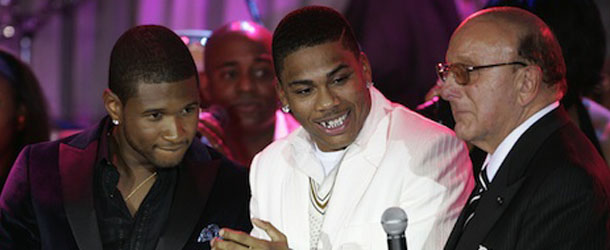
The history and legacy of Rosa Parks is one forever imprinted and highlighted when discussing the shaping of the civil rights movement.
For her historical stance, her name, as it relates to matters of public interest, presents a slippery slope in terms of reference usage. That slope was one that Parks legally challenged.
Recall the controversy Atlanta rap duo, Outkast caused when they released the commercially successful single, “Rosa Parks” and incorporated the line “ah ha hush that fuss, everybody move to the back of the bus.” The legal battle, handled in the 11th Circuit Court of Appeals, became that of commercial art versus a celebrity’s publicity rights.
The turn out: the 6th Circuit Court of Appeals declined Parks’ motion to sue for defamation. However, she was able to go forth with a common law of publicity claim under the Lanham Act, in 2003.
Eventually the court case between Parks and Outkast reached a settlement before her passing. But all of her relatives weren’t quite seeing eye-to-eye with the lawsuit and continued legal pursuit.
The Hollywood Reporter, reports that on Monday, the 11th Circuit Court reviewed the dismissal of a case brought by the Rosa and Raymond Parks Institute for Self Development against retail giant, Target.
According to the lawsuit, Target violated Parks’ rights to name and likeness by selling books and movies including The Rosa Parks Story, which was first broadcast on CBS in 2002.
In this case, circuit Judge Robin Rosenbaum stated that “the use of Rosa Parks’ name and likeness in the books, movies and plaque are necessary to chronicling and discussing the history of the Civil Rights Movement.”
In addition, Michigan law, where the suits were filed, enables free speech and the right to communicate on matters of public interest. Concluding the lawsuit, Target won the right to carry the film, all six books on the civil rights icon and a plaque.
Get more on this legal case here.


